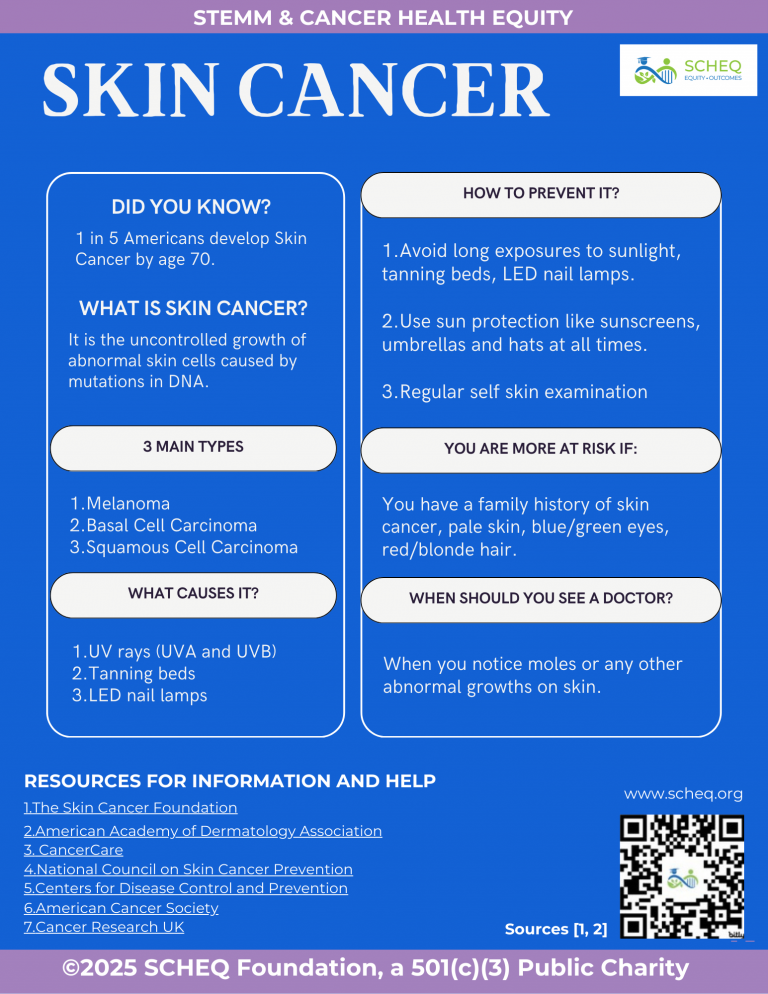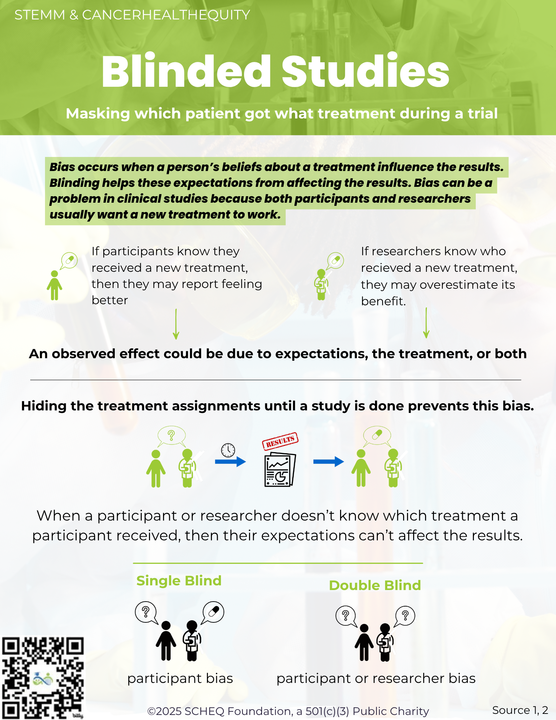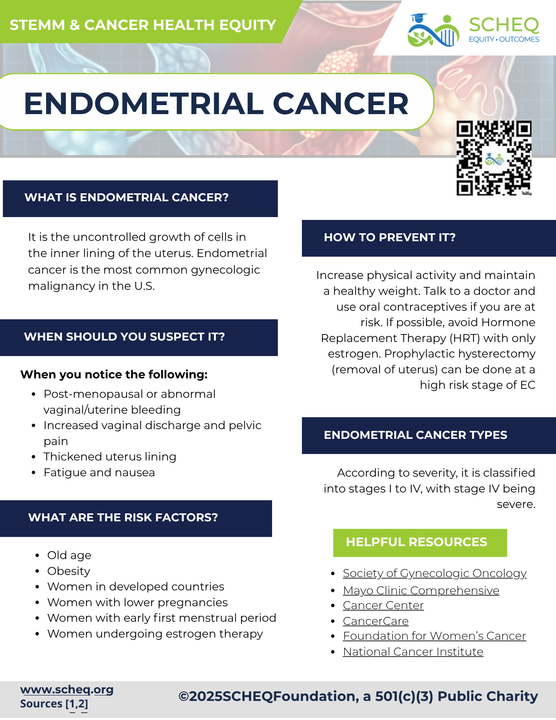Dr. Helen Rodriguez-Trias (1929-2001) was a physician, public health expert, women’s rights activist, and the first Latina leader of the American Public Health Association. She used a lot of the experiences that she saw impacting her family and other diverse and underserved populations to drive her advocacy. She was born in New York City to Puerto Rican parents and spent her childhood living in Puerto Rico before moving back to New York at the age of 10. In New York, she faced discrimination and bias in school where she was placed in less-advanced classes due to prejudices.
Regardless, she obtained her MD with the highest honors (1960) from the University of Puerto Rico- San Juan. While at university, she became involved in activism, joining the Puerto Rican independence movement. Following medical school, she completed a Residency in Pediatrics at the University Hospital in San Juan. Her fourth child was born during this time, and based on the infant mortality rates in Puerto Rico, she established the first infant health clinic in Puerto Rico. This clinic resulted in a 50% decrease in infant mortality within the first three years.
Dr. Rodriguez-Trias returned to New York City in 1970 where she served as the Director of Pediatrics at Lincoln Hospital in the South Bronx. This was largely a Puerto Rican and Black population that was severely underserved and they staged a sit in. She worked with patients and helped build relationships with the activist groups within the community to train the staff to improve patient care. One of the goals was to ensure that patients received high quality care.
Her attention then shifted to the women’s health movement, and the practices of forced sterilization of women of color. She discovered that between 1930 and the late 1960s over one-third of Puerto Rican women had been sterilized without informed consent. Sadly, she discovered this practice was not unique solely to Puerto Rican women, and researched the incidence in the United States. The research identified other groups that also were undergoing forced sterilizations: including black women, those perceived as feeble-minded, welfare recipients, and Mexican women. This led her to become a founding member of the Committee to End Sterilization Abuse (1970), Women’s Caucus of the American Public Health Association (APHA) (1971), Latino Caucus of the APHA (1973), and Committee for Abortion Rights and Against Sterilization Abuse (1979).
In 1988, Dr. Rodriguez-Trias became the Medical Director of the New York State Department of Health AIDS Institute, where she continued to advocate for women and children with HIV. She was elected the first Latina President of the American Public Health Association in 1993, and she continued to advocate for women, children, and families from disadvantaged communities. She received the Presidential Citizens Medal from Bill Clinton in 2001 for her work “on behalf of women, children, people with HIV/AIDS, and the poor”. Unfortunatlely, she passed away from complications of lung cancer in 2002, but she remains a critical figure in public health for minority communities.
References:
- https://cfmedicine.nlm.nih.gov/physicians/biography_273.html
- https://morningbellnyc.com/2022/hidden-voices-fighting-for-womens-health-dr-helen-rodriguez-trias/
- https://www.nps.gov/people/dr-helen-rodr%C3%ADguez-tr%C3%ADas.htm
- https://awis.org/historical-women/dr-helen-rodriguez-trias/
- https://clintonwhitehouse5.archives.gov/WH/new/html/Mon_Jan_8_141714_2001.html




